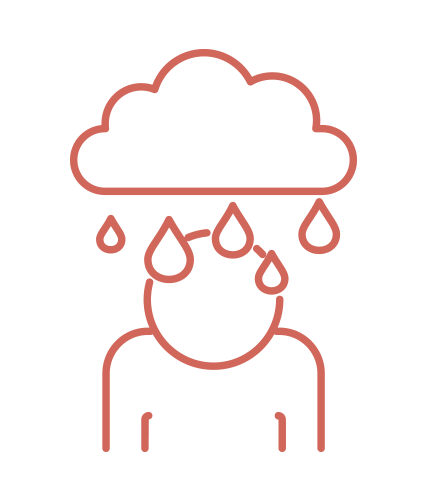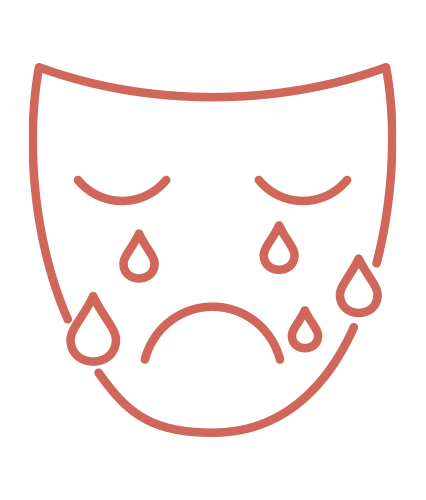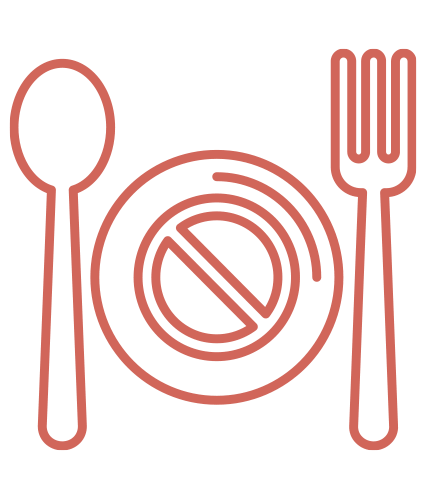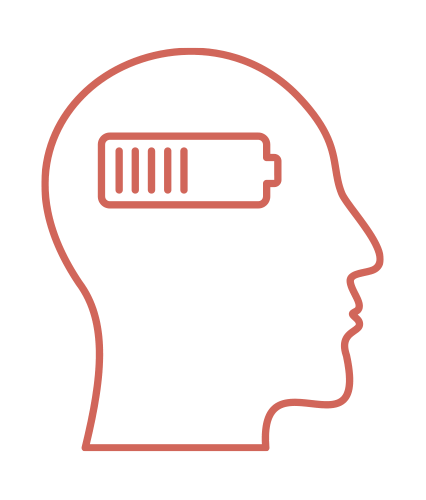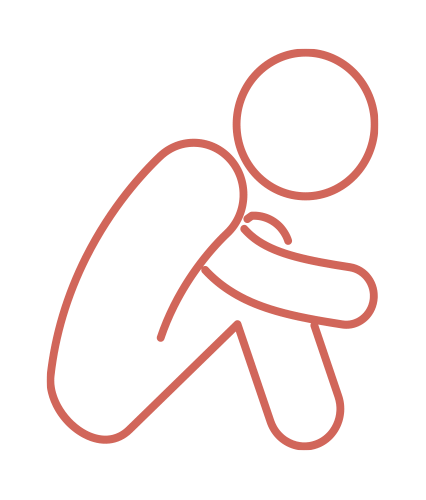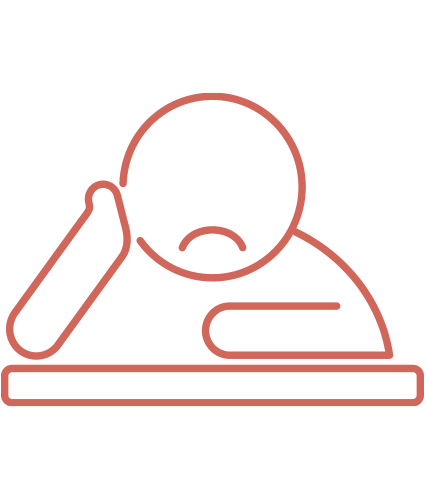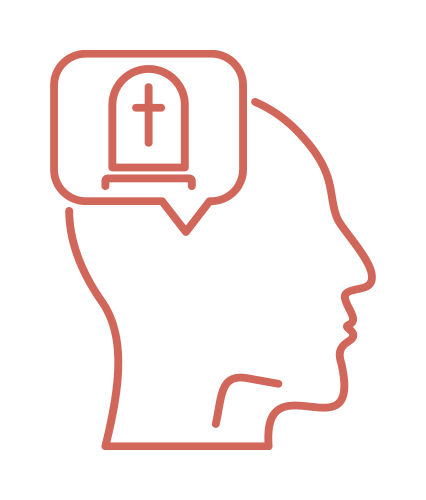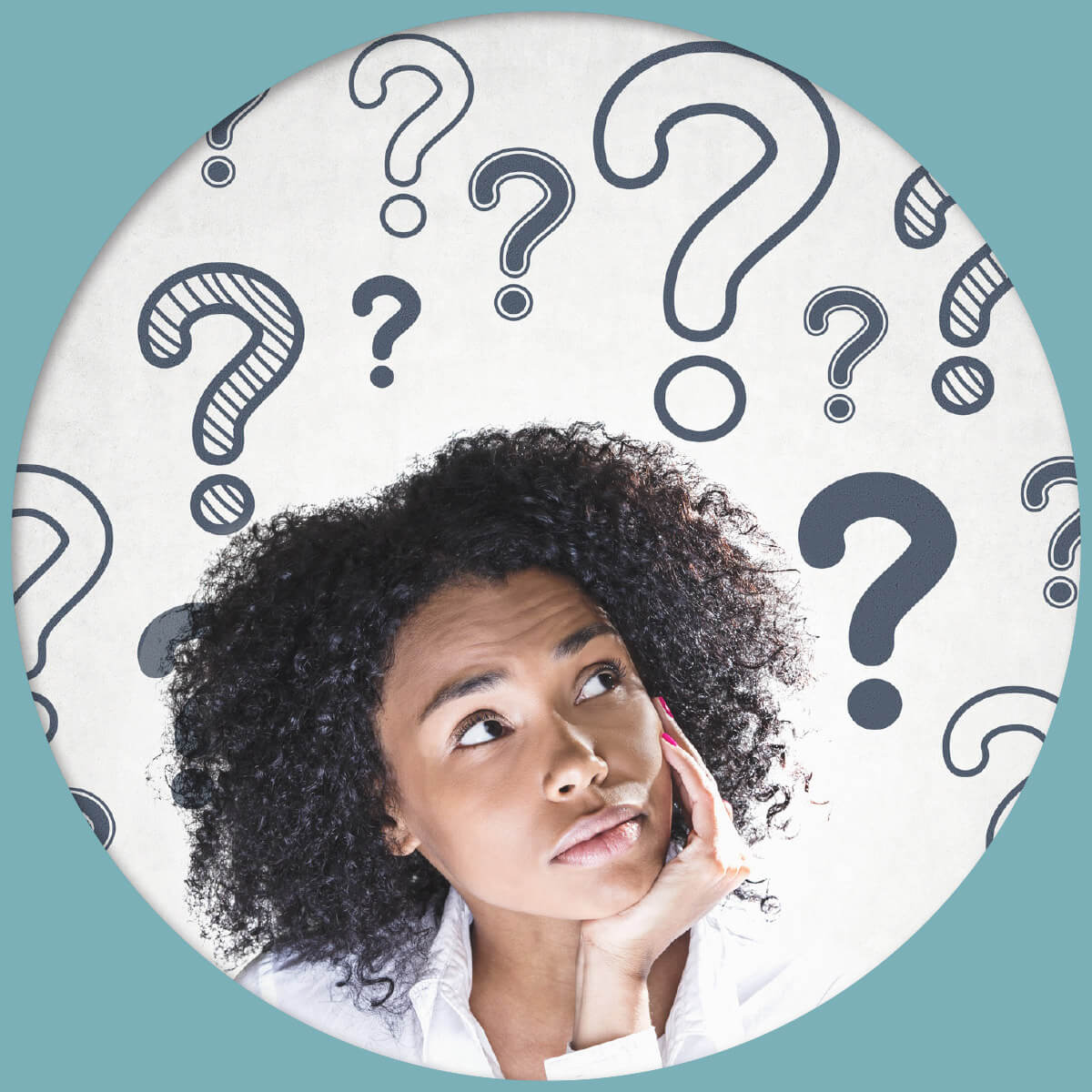Hope for Depression
Depression can cause you to isolate yourself from others, including friends, family, and cause impairments in your interpersonal, social and work functioning. Professional intervention is advised and there are medical professionals who can provide help.
Educating yourself about depression is the first step along the treatment path to wellness. If you believe you or a loved one may have depression, please read about the typical treatment path and take our depression quiz. You’ll learn about the symptoms you may be experiencing, the many therapy options available, and what to expect during treatment.
For some, depression can be effectively treated with talk therapy, and for others they respond to a combination of talk therapy along with antidepressant medication. Unfortunately, not everyone responds to these treatments.

